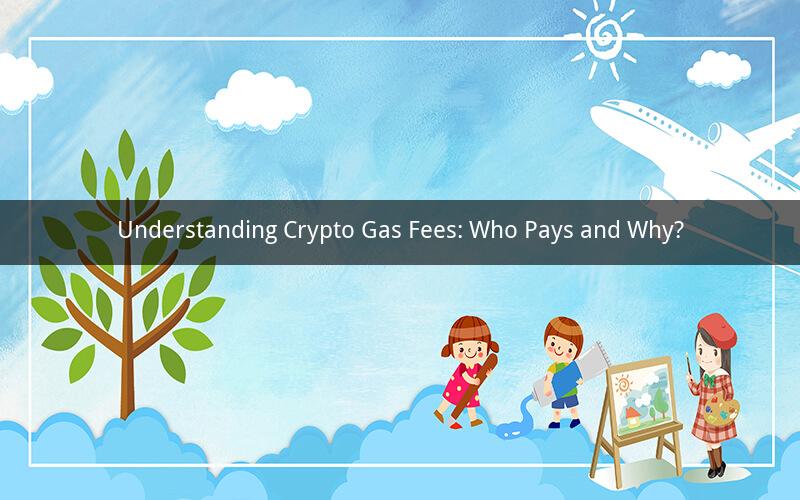
Introduction:
In the world of cryptocurrency, gas fees have become a common topic of discussion. But who exactly pays these fees, and why are they necessary? This article delves into the concept of crypto gas fees, explaining who pays them and why they exist. We will also explore the factors that influence gas fees and how they are calculated.
Who pays crypto gas fees?
The answer to this question is straightforward: users who initiate transactions on the blockchain pay gas fees. These fees are paid to the miners or validators who process and confirm the transactions. Essentially, users compensate miners for their computational efforts and resources used to maintain the network.
Why do gas fees exist?
Gas fees exist for several reasons:
1. Rewarding miners: Miners are crucial to the operation of the blockchain. They validate transactions, add new blocks to the chain, and secure the network. Gas fees serve as a reward for their efforts, incentivizing them to continue supporting the network.
2. Scalability: Gas fees help maintain the scalability of the blockchain. By compensating miners for their work, the network ensures that transactions are processed efficiently and promptly.
3. Preventing spam: Gas fees act as a deterrent against spam transactions. Since users have to pay for each transaction, they are less likely to engage in malicious activities or create unnecessary transactions.
Factors influencing gas fees:
Several factors can affect the amount of gas fees paid by users:
1. Network congestion: During times of high network congestion, gas fees tend to be higher. This is because there are more transactions competing for limited resources, leading to increased competition for miners' attention.
2. Transaction complexity: Transactions that require more computational resources, such as smart contract interactions, usually incur higher gas fees.
3. Block size: The size of a block can also influence gas fees. Larger blocks can accommodate more transactions, potentially lowering the cost per transaction.
How are gas fees calculated?
Gas fees are calculated based on the amount of computational work required to process a transaction. This is determined by the gas limit and the gas price. The gas limit represents the maximum amount of gas that a transaction is allowed to consume, while the gas price is the cost per unit of gas.
Here's an example to illustrate how gas fees are calculated:
Let's say the gas limit for a transaction is 20,000 gas, and the current gas price is 10 units of the cryptocurrency. The total gas fee for the transaction would be 20,000 gas x 10 units = 200,000 units of the cryptocurrency.
Questions and answers:
1. Q: Can gas fees be avoided?
A: No, gas fees are an integral part of the blockchain ecosystem. They are necessary to ensure the smooth operation of the network and to incentivize miners.
2. Q: Do all cryptocurrencies have gas fees?
A: Not all cryptocurrencies use a gas fee system. Some blockchains, such as Bitcoin, use a different mechanism for transaction fees.
3. Q: Can gas fees fluctuate significantly?
A: Yes, gas fees can fluctuate based on network congestion and other factors. Users can monitor gas fees and adjust their transaction times accordingly.
4. Q: How can I estimate the gas fee for my transaction?
A: Many cryptocurrency wallets and blockchain explorers provide a gas fee estimator. Users can input the details of their transaction, and the tool will provide an estimated gas fee.
5. Q: Can I save money on gas fees by reducing the gas limit?
A: Yes, you can potentially save money on gas fees by reducing the gas limit. However, be cautious not to set the gas limit too low, as it may cause your transaction to fail or be delayed.
Conclusion:
Understanding who pays crypto gas fees and why they exist is essential for users to navigate the world of cryptocurrency. By being aware of the factors influencing gas fees and how they are calculated, users can make informed decisions regarding their transactions. Remember, gas fees are a vital component of the blockchain ecosystem, ensuring the smooth operation and security of the network.